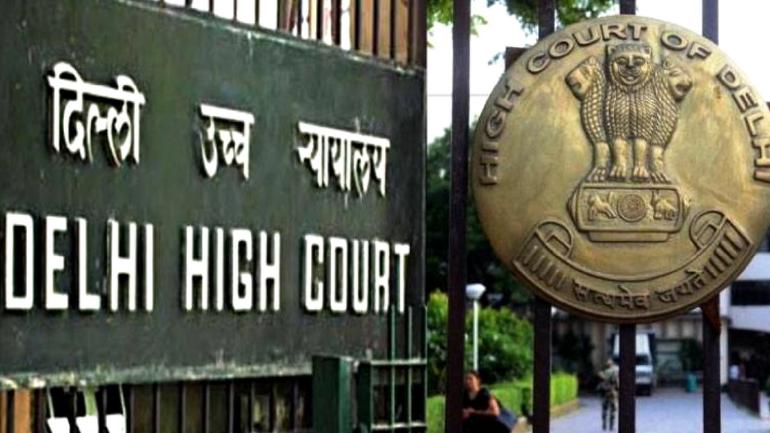New Delhi, 11 November 2024: In a noteworthy decision, the Delhi High Court has instructed. The Employees’ State Insurance Corporation (ESIC) to provide benefits to an individual whose claim under the Covid scheme was initially rejected due to an alleged high salary. This ruling underscores the need for fair access to assistance during the ongoing difficulties posed by the pandemic. Why did the court step in? Why is this decision important for similar cases? What effects does it have on Covid-19 victims? This article delves into these questions and the broader implications of the court’s ruling.
Background of the Case
The case centers around a person who applied for a claim under the ESIC Covid scheme after experiencing complications from the virus. Initially, the claim was denied based on the claim that the person’s salary was above the limit for eligibility. This denial raised issues about the fairness of the criteria established by ESIC, especially given the extraordinary circumstances created by the pandemic.
The Court’s intervention has brought relief to many facing similar predicaments. It stressed that the eligibility criteria shouldn’t be inflexible, particularly during the fallout of a global health crisis. By ruling in favor of the individual, the court highlighted the need for a compassionate and accommodating approach in the distribution of benefits under the Covid scheme, ensuring that those in genuine need are not excluded due to arbitrary salary caps.
This ruling matters not just for the claimant involved but also for many others who find themselves in similar situations. It sets an important precedent that eligibility should reflect the extraordinary challenges posed by the pandemic. The court’s decision may inspire others to pursue their claims, knowing they have the support of the judiciary for fair treatment amidst adversity.
Implications for ESIC Policies
The Delhi High Court’s ruling could lead to a reexamination of ESIC’s policies concerning salary limits and eligibility requirements. This directive suggests that ESIC should adopt a more lenient stance, especially during unique circumstances like the Covid-19 pandemic. Such changes might broaden the interpretation of who is eligible for benefits, thereby ensuring that more individuals receive the assistance they need in critical times.
Following this ruling, there is an increasing call for systemic adjustments within the ESIC framework. Stakeholders are pushing the government to reevaluate the policies surrounding the Covid scheme to make them more inclusive. This could involve reassessing the salary thresholds and considering additional factors impacting someone’s eligibility for aid. Such reforms may pave the way for a fairer distribution of resources during future health emergencies.
Advocacy groups have been pivotal in raising awareness about cases like this. Their efforts in spotlighting the struggles of individuals with denied claims have been essential. The Delhi HC ruling represents a significant win for these groups, reinforcing their mission to safeguard the rights of marginalized people. Their initiatives contribute to a larger conversation about the necessity for reform in social security systems.
Read Also – HIV to Malaria: WHO Unveils Urgent List of 17 Pathogens Demanding Vaccine Development Now
As the fallout from Covid-19 continues to be relevant, it is vital for policymakers to stay alert and responsive to societal needs. The ruling from the Delhi High Court acts as a reminder that social safety nets must be adaptable and attuned to the realities facing the individuals they aim to support. It is crucial to ensure that rigid criteria do not penalize those in need, fostering greater trust in social security systems.










